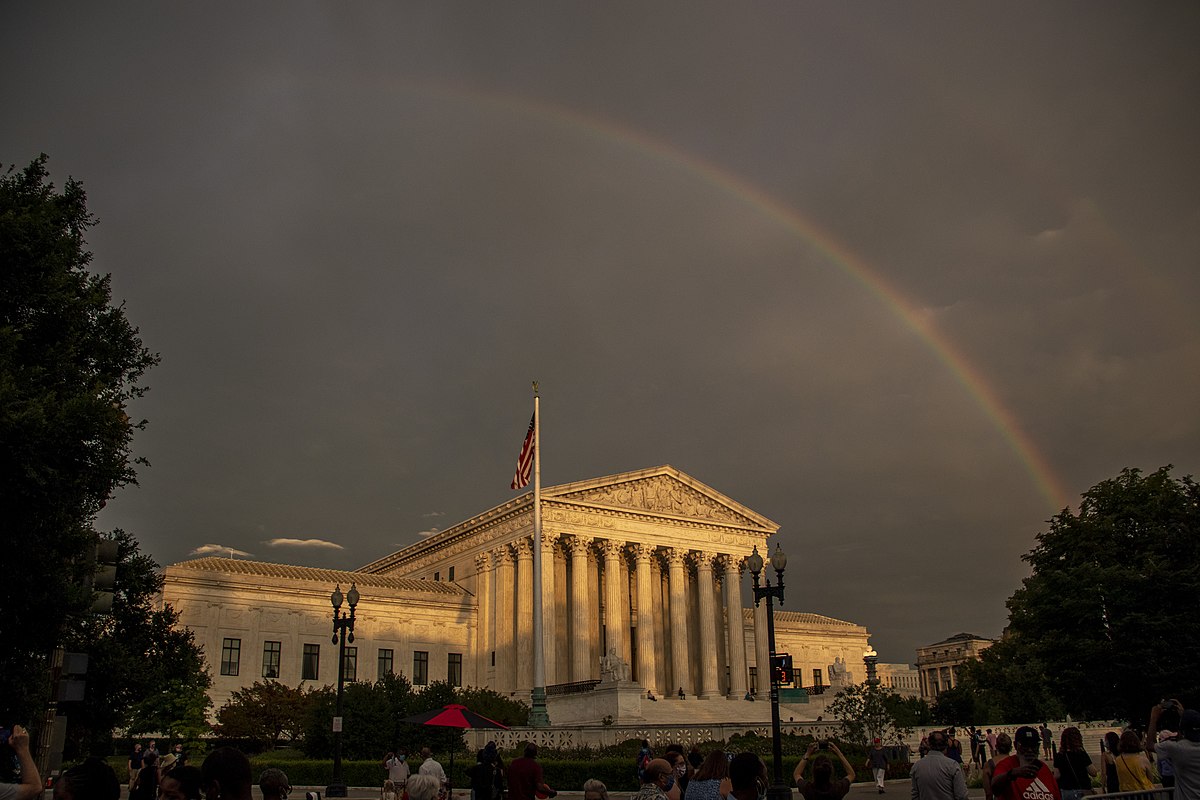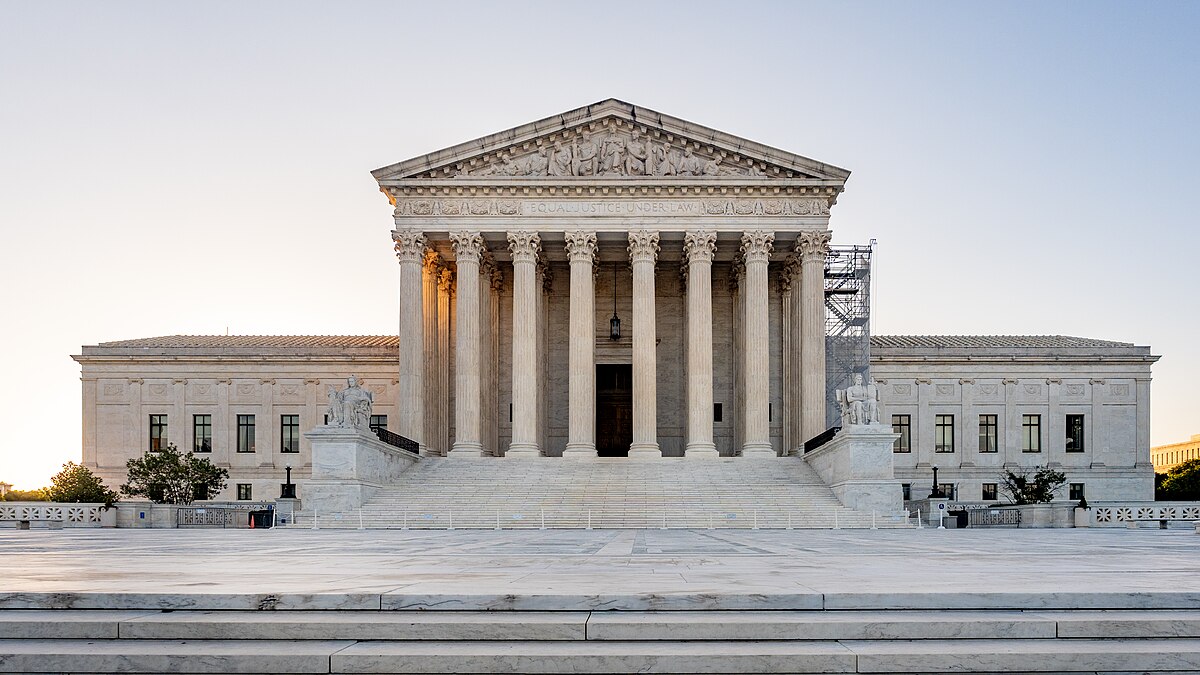SCOTUS: WI Supreme Court Violated Catholic Charity’s First Amendment Rights
The Supreme Court recently ruled that the Wisconsin Supreme Court infringed on a Catholic charity’s First Amendment rights. The case involved the Catholic Charities Bureau (CCB), which operates under the Diocese of Superior and provides various charitable services to people regardless of their religious affiliations. Despite its religious ties, the CCB argued that its philanthropic work should exempt it from contributing to the state’s unemployment system, as certain religious organizations are allowed under state law.
initially, the Wisconsin Department of Workforce Advancement denied this exemption, claiming that the CCB was not primarily operated for religious purposes. The state court upheld this decision, stating the CCB did not serve its mission in a way that was overtly religious.However, the Supreme Court unanimously disagreed, emphasizing that the state law must be applied neutrally, without favoring particular religions. Justice Sonia Sotomayor, who delivered the opinion, stated that distinguishing between religious organizations based on their mission violated First Amendment rights by imposing a denominational preference. The ruling highlighted that the CCB’s activities, while charitable, are intrinsically linked to its Catholic identity and should not disqualify it from exemptions solely because it does not explicitly promote Catholicism in its services.
The Supreme Court unanimously ruled Thursday that the Wisconsin Supreme Court violated a Catholic charity’s First Amendment Rights.
The case involved the Catholic Charities Bureau (CCB), which is the charitable arm of the Diocese of Superior in Wisconsin. Part of the CCB’s mission is offering a variety of philanthropic services — including to non-Catholics. As Justice Sonia Sotomayor noted when delivering the opinion of the court, the CCB provides “services to the poor and disadvantaged” regardless of the recipient’s religious background and seeks to “be an effective sign of the charity of Christ.”
The CCB also oversees four “separately incorporated” sub-entities that are a part of this case. According to Oyez the sub-entities “are primarily funded through government contracts and do not receive direct funding from the Diocese. Neither employees nor service recipients are required to be of any particular religious faith, and the programs do not provide religious training or attempt to promote the Catholic faith.”
As Sotomayor noted, the Diocese of Superior in Wisconsin “exercises control” over both the CCB and its sub-entities.
Wisconsin state law permits certain religious organizations to be exempt from contributing to the state’s unemployment system. Almost a decade ago, however, the Wisconsin Department of Workforce Development (DWD) denied a request from CCB and its sub-groups to have an exemption from contributing to Wisconsin’s unemployment system. The DWD argued that CCB and its sub-entities “did not qualify for the exemption because it did not establish that it is operated primarily for religious purposes,” according to Cornell Law School.
Eventually, the case made its way to the Wisconsin Supreme Court, which ruled that the CCB does not qualify for an exemption because its charitable activities were not for “primarily religious purposes.”
But on Thursday, the Supreme Court ruled that the Wisconsin Supreme Court’s application of state law that exempts certain religious organizations from paying unemployment compensation taxes violated the CCB’s First Amendment rights.
“The Wisconsin Supreme Court’s interpretation of [state law] imposed a denominational preference by differentiating between religions based on theological lines,” the court ruled. “[P]etitioners’ eligibility for the exemption ultimately turns on inherently religious choices (namely, whether to proselytize or serve only co-religionists in the course of charitable work), not ‘”secular criteria”‘ that ‘happen to have a “disparate impact” upon different religious organizations.’”
Writing for the unanimous court, Sotomayor explained that the Wisconsin Supreme Court erred when it deemed the CCB’s petition for exemption ineligible on the basis that the CCB and its sub-groups do not “attempt to imbue program participants with the Catholic faith.”
“Petitioners’ Catholic faith … bars them from satisfying those criteria,” Sotomayor wrote for the court.
“It is fundamental to our constitutional order that the government maintain ‘neutrality between religion and religion,’” Sotomayor wrote. “There may be hard calls to make in policing that rule, but this is not one.”
Supreme Court Justices Clarence Thomas and Ketanji Brown-Jackson issued concurring opinions.
" Conservative News Daily does not always share or support the views and opinions expressed here; they are just those of the writer."




